Poetry is nearer to vital truth than history
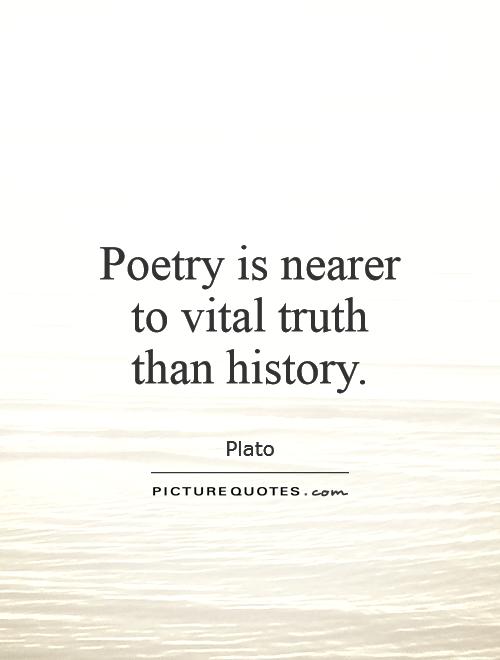
Poetry is nearer to vital truth than history
In Plato's dialogue "Phaedrus," Socrates argues that poetry is nearer to vital truth than history. This statement is significant in the context of Plato's views on art and knowledge, as it challenges the traditional hierarchy of knowledge that places history above poetry.Plato believed that poetry was a form of imitation that could not convey true knowledge or wisdom. He saw poets as mere imitators of reality, creating works that were far removed from the truth. In contrast, history was seen as a more reliable source of knowledge, as it was based on factual accounts of past events. However, Socrates' assertion that poetry is nearer to vital truth than history challenges this conventional wisdom.
One interpretation of Socrates' statement is that poetry has the power to convey deeper truths about the human experience that are not easily captured by historical accounts. Poetry has the ability to evoke emotions, provoke thought, and inspire reflection in a way that history cannot. Through the use of metaphor, symbolism, and imagery, poets can explore complex ideas and emotions that transcend the limitations of factual accounts.
Furthermore, poetry has the ability to capture the essence of human experience in a way that history cannot. While history may provide a record of events and actions, poetry can delve into the inner workings of the human mind and soul. Through the use of language and form, poets can express universal truths about love, loss, joy, and suffering that resonate with readers on a deep and personal level.

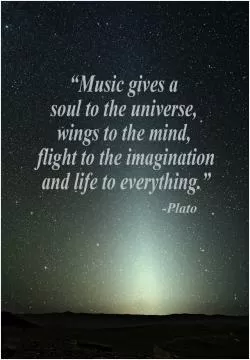
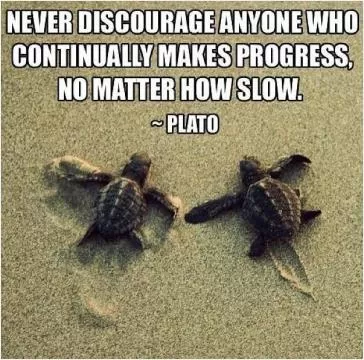

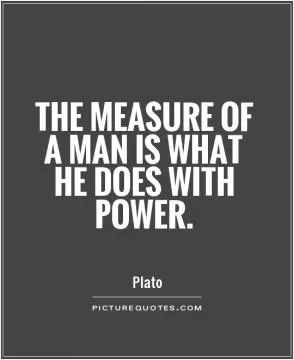
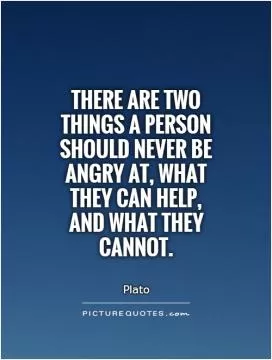

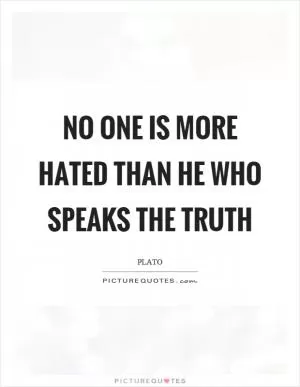
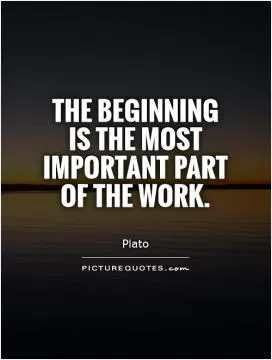
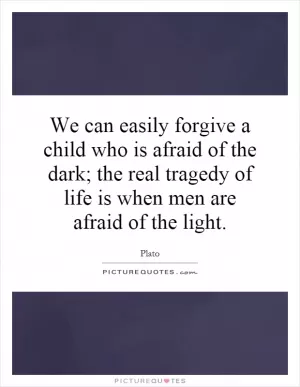
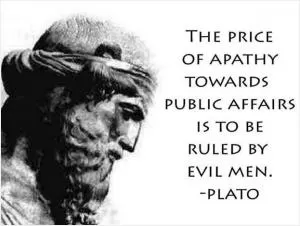
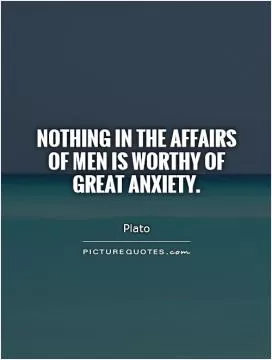
 Friendship Quotes
Friendship Quotes Love Quotes
Love Quotes Life Quotes
Life Quotes Funny Quotes
Funny Quotes Motivational Quotes
Motivational Quotes Inspirational Quotes
Inspirational Quotes